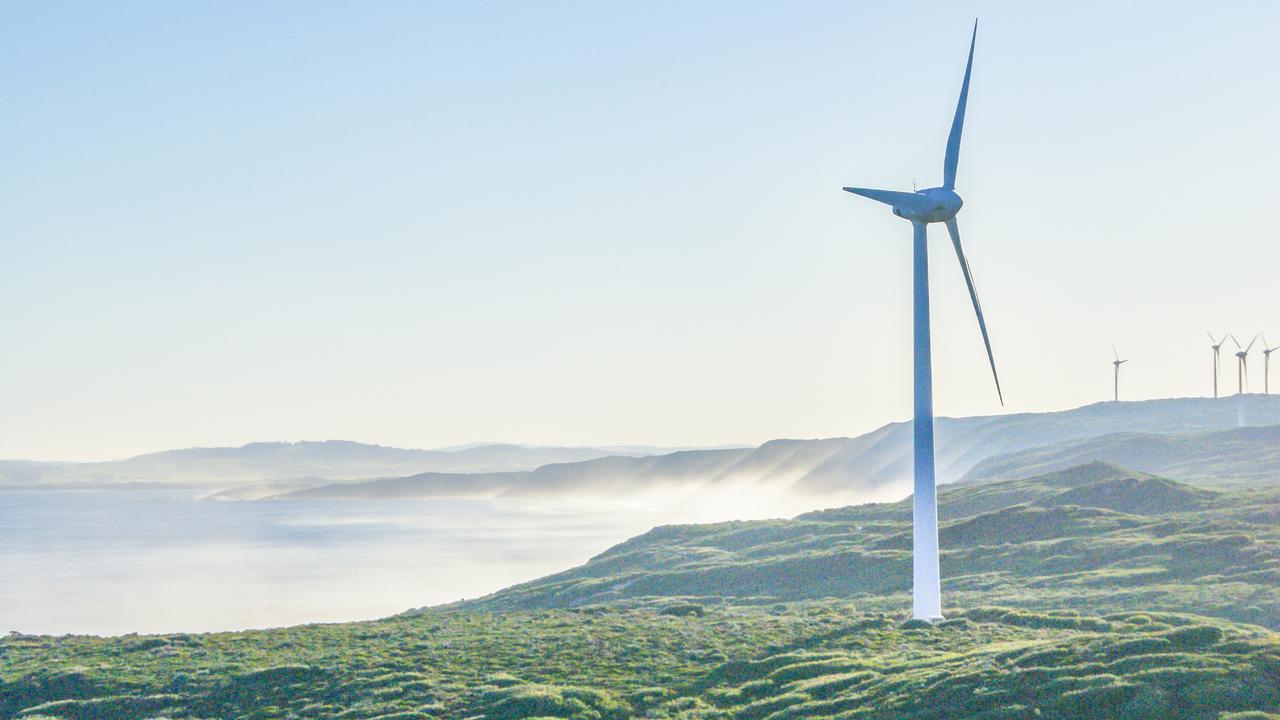Greens Israel boycott bad for environment
A GREENS ban on imports from Israel would target products the party claims are at the forefront of its environmental and social agenda.
A GREENS ban on imports from Israel would target the very products the party claims are at the forefront of its environmental and social agenda.
It would stop the import of the revolutionary combined solar electricity and hot water system that Israel-based Zenith Solar has agreed to install at a Port Melbourne ambulance station.
Zenith Solar founder and chief executive Roy Segev said the mirror dish technology represented the first solar system that could be cost-effective with conventional electricity and not need a government subsidy.
He said the high efficiency of the Zenith system was achieved by using the same mirrors to heat water and generate electricity on a small, high-tech solar voltaic cell.
Mr Segev said the units cost $27,000 each and could produce 4.5 kilowatts of electricity and 11 kW equivalent of hot water for the equivalent of 9.5c a kW hour.
The proposed demonstration plant in Port Melbourne would be the first outside Israel.
During the NSW state election in March, Fiona Byrne, the Marrickville Mayor and unsuccessful Greens candidate for the local inner-western Sydney seat of the same name, drew the ire of residents, fellow councillors and state and federal politicians alike after it was revealed her council's boycott of goods and services from Israel would cost ratepayers more than $4 million to implement. The council later dropped its controversial plan, but the NSW Greens retain their policy of supporting the global boycotts, divestment and sanctions (BDS) movement.
A former NSW upper house member who recently moved to the Senate, Lee Rhiannon, also maintains her support for the BDS movement, even though Greens leader Bob Brown has publicly stated it is not federal Greens policy.
A Greens ban would also target the ultra-efficient drip irrigation systems developed by Israeli company Netafim, which is at the leading edge of water conservation around the world, including Australia.
Netafim chief sustainability officer Igal Aisenberg helped develop the drip irrigation technology on the Hatzerim Kibbutz where he lives under the socialist principles of "from each according to their capacity and to each according to their need".
Netafim introduced the world's first drip irrigation system in 1966.
The company factory is still located at the Hatzerim Kibbutz, which has been transformed from a desert to a true oasis with mature trees and diverse bird life.
Netafim has 14 manufacturing plants including one in Australia.


